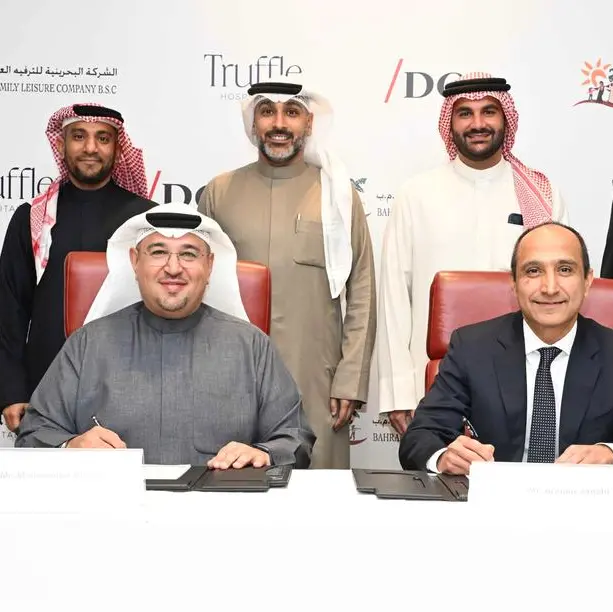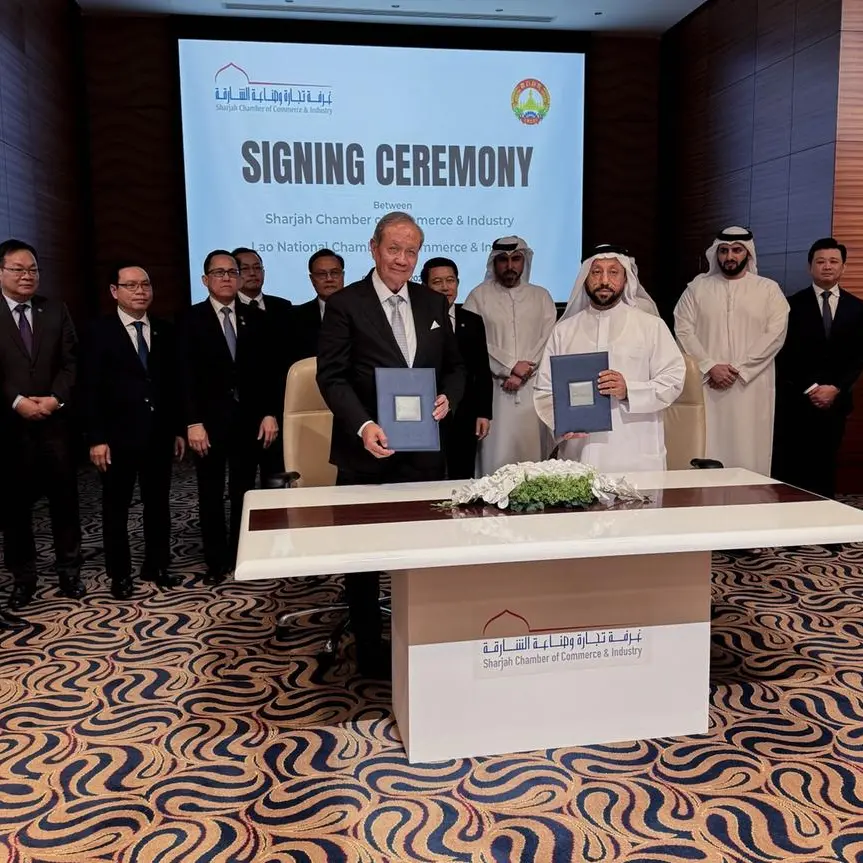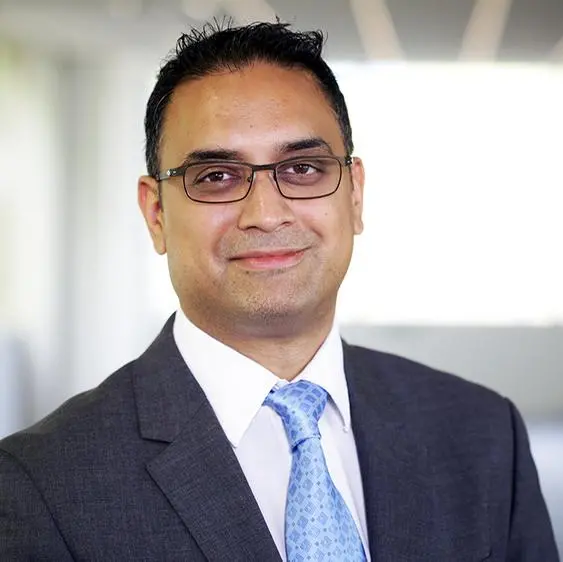Abu Dhabi, UAE – On the sidelines of day two of the ninth edition of SIAL Middle East, the Food Security Center (FSCAD) organised a panel on the role of innovation in building a world free from hunger.
Moderated by Ali Omar Abdullah, Director of Policy and Strategy at FSCAD, the session focused on two key themes: ‘Biotechnology in Food Security’ and ‘Role of Co-operative Societies in Food Security and Raising Consumer Awareness’.
Panelists included Dr Mohamed Al-Yahya’ei, Assistant Professor at the Department of Arid Land Agriculture at United Arab Emirates University, Dr Alaa Juma, Director of Technical Services Department at the Abu Dhabi Farmers’ Services Centre, Dr Henda Mahmoudi, Plant Physiologist at the International Center for Biosaline Agriculture, and Saeed Mubarak bin Amr, Director of the Cooperatives Department at the Ministry of Economy.
During the panel, Ali Omar Abdullah said: “According to reports by the United Nations, the world's population is projected to reach 9.8 billion by 2050. Supply chains are facing increasing pressure to provide additional food streams. To address future concerns, we need to find innovative and practical solutions.”
Dr Mohamed Al-Yahya’ei explained that genetic modification leverages advanced techniques to adapt the genes of plants and introduce new genetic traits. This method, for instance, helps reduce the height of trees, allowing for the use of machines for harvesting, as well as speed up production cycles whilst maintaining quality.
He added: “Biotechnology has been a contributing factor in producing disease-resistant and affordable food compared to traditional crops.”
For his part, Dr Alaa Juma said: “Through genetic modification, we have improved the cultivation of several strategic crops, such as maize and cotton, eliminating the use of pesticides, facilitating the production process and saving costs.”
Dr Henda Mahmoudi added: “Genetic modification has contributed to raising the nutritional value of crops and reducing malnutrition-related diseases through increasing the protein content and important vitamins such as vitamin A in foods, particularly crucial in countries suffering from scarce resources.”
She called for a comprehensive consumer awareness campaign to mitigate concerns over potential side effects of genetically modified foods.
Explaining the role of co-operative societies, Saeed Mubarak bin Amr said: “There are 15 co-operative societies in the UAE with 150 branches spanning the entire country, offering high-quality goods at reasonable prices. These co-operatives serve as an extended arm of the government in meeting food demand, enhancing food security and promoting local products.”
FSCAD was established in 2010 as a specialist entity that aims to develop the food security system and implement a sustainable food strategy across the UAE so that citizens and residents have access to safe and nutritious food even during emergencies and crises.
-Ends-
© Press Release 2018Disclaimer: The contents of this press release was provided from an external third party provider. This website is not responsible for, and does not control, such external content. This content is provided on an “as is” and “as available” basis and has not been edited in any way. Neither this website nor our affiliates guarantee the accuracy of or endorse the views or opinions expressed in this press release.
The press release is provided for informational purposes only. The content does not provide tax, legal or investment advice or opinion regarding the suitability, value or profitability of any particular security, portfolio or investment strategy. Neither this website nor our affiliates shall be liable for any errors or inaccuracies in the content, or for any actions taken by you in reliance thereon. You expressly agree that your use of the information within this article is at your sole risk.
To the fullest extent permitted by applicable law, this website, its parent company, its subsidiaries, its affiliates and the respective shareholders, directors, officers, employees, agents, advertisers, content providers and licensors will not be liable (jointly or severally) to you for any direct, indirect, consequential, special, incidental, punitive or exemplary damages, including without limitation, lost profits, lost savings and lost revenues, whether in negligence, tort, contract or any other theory of liability, even if the parties have been advised of the possibility or could have foreseen any such damages.



















